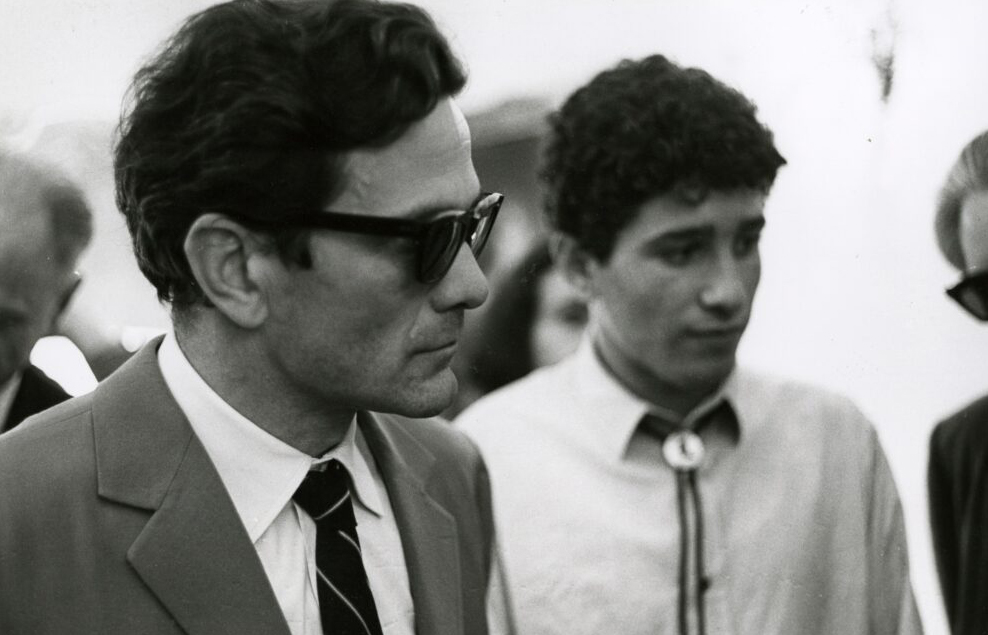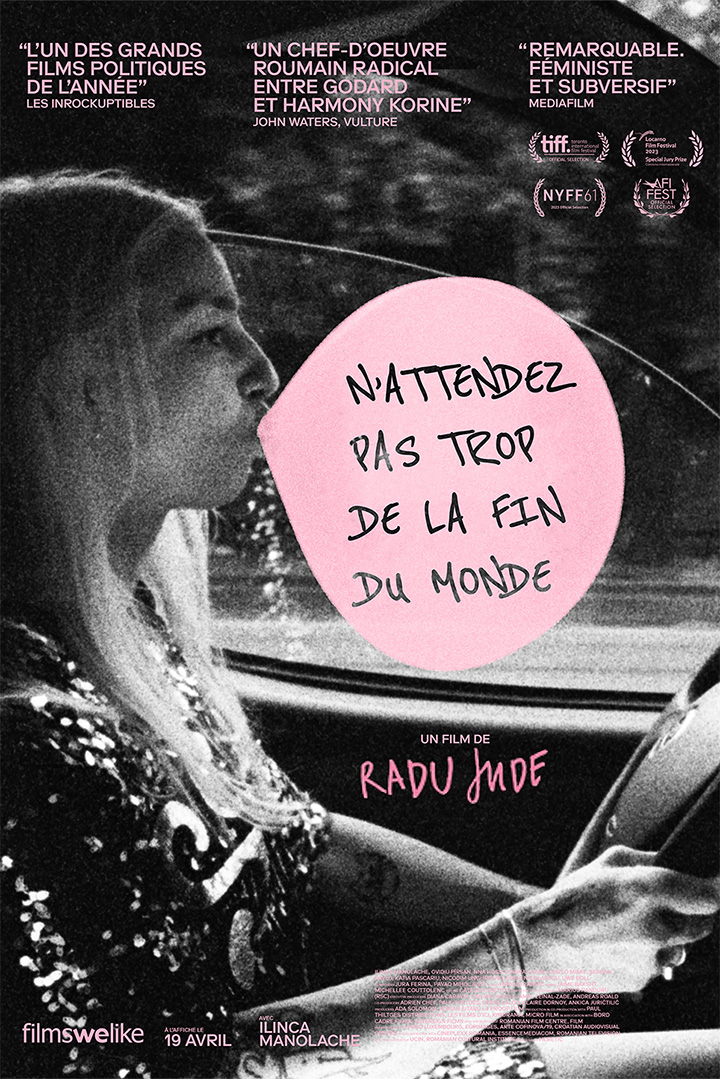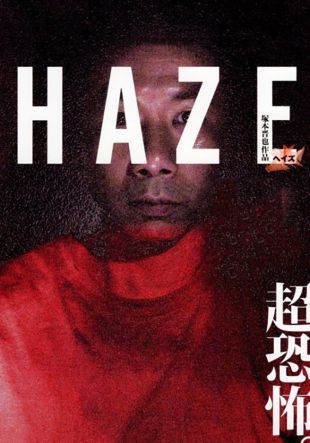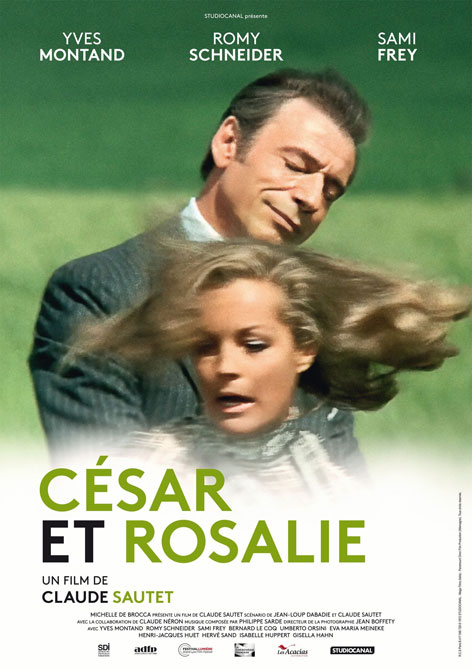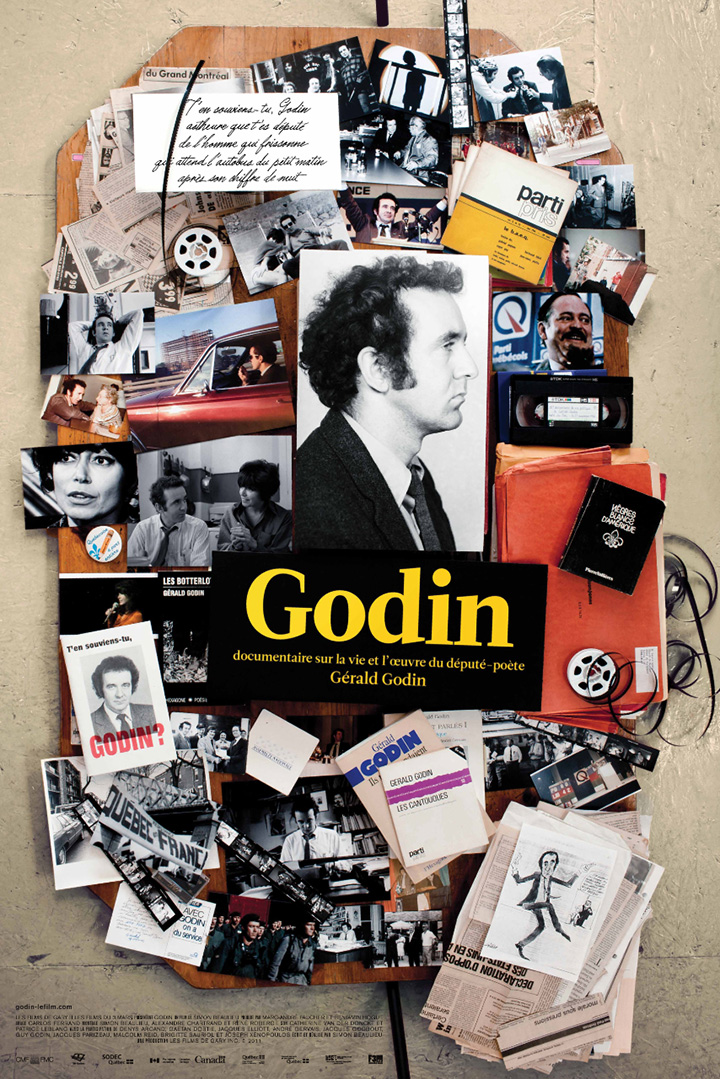(Almost) Forgotten Visits of an Italian Filmmaker in Montreal: Pier Paolo Pasolini
This year, Pier Paolo Pasolini would have been 100 years old. From his first writings in his youth to his early death in 1975, he has traced a path and a body of work - cinematographic, literary, essayistic - that has never ceased to nourish reflection, fuel debate and inspire artists and thinkers over the decades. As part of the PPP / RRR: Pier Paolo Pasolini / Riprese Reprises Retakes academic colloquium on Pasolini's contemporary legacy, scheduled to take place in Montreal and Ottawa at the end of September, we pay tribute to the filmmaker by highlighting his impact on the present. In the form of a series of double programs, this cycle proposes to put some of his major films in dialogue with those of contemporary filmmakers, in the presence of some of them, researchers or special guests.
For more information on the PPP / RRR: Pier Paolo Pasolini / Riprese Reprises Retakes conference, visit labdoc.uqam.ca
This fall, the Cinematheque is caught up in Pasolinian fever. In addition to Michele Spanghero's installation Appri gli occhi/Open Your Eyes : Pasolini Out Loud, the cycle Dialogues avec Pasolini and the colloquium PPP/RRR : Pier Paolo Pasolini/Riprese, Reprises, Retakes, organized by the labdoc (UQAM), researcher Alexis Lemieux is compiling and exhibiting documents, posters and photographs from our collections tracing Pasolini's ties to Montreal.
« An exploratory research in the archives of the Médiathèque Guy-L.-Côté allowed us to put in dialogue some heterogeneous documents concerning the presence of Pasolini in Montreal. The study of some complementary collections (at the BAnQ - for the written and audiovisual press - and at the Archives gaies du Québec à Montréal - to weave emancipatory and critical discourses) was added along the way. The result takes the form of a presentation of documents (printed, photographic, audiovisual) on a few walls and in display cases. The paths followed to recapture the thread of Pasolin's passages in Montreal, and of the few forms of its permanence, is articulated around various archives. The commercial reception of his films is evoked through an exhibition of period posters at the entrance of the main screening room where the films will be presented. The historical and cinephilic context of PPP's visits (in 1966 and 1969) is clarified here by a montage of press excerpts contemporary to his visits. We propose an overview of the revival of PPP's work and figure in postcolonial and gender emancipation discourses (in Quebec publications). Finally, we suggest an overview of initiatives surrounding PPP in Montreal (through documents related to past conferences, exhibitions and retrospectives). On the occasion of the 100th anniversary of the intellectual-artist's birth, the dialogue with the PPP/RRR colloquium continues. »
Alexis Lemieux, labdoc member and PhD candidate in Museum Studies, Mediation and Heritage (UQAM)
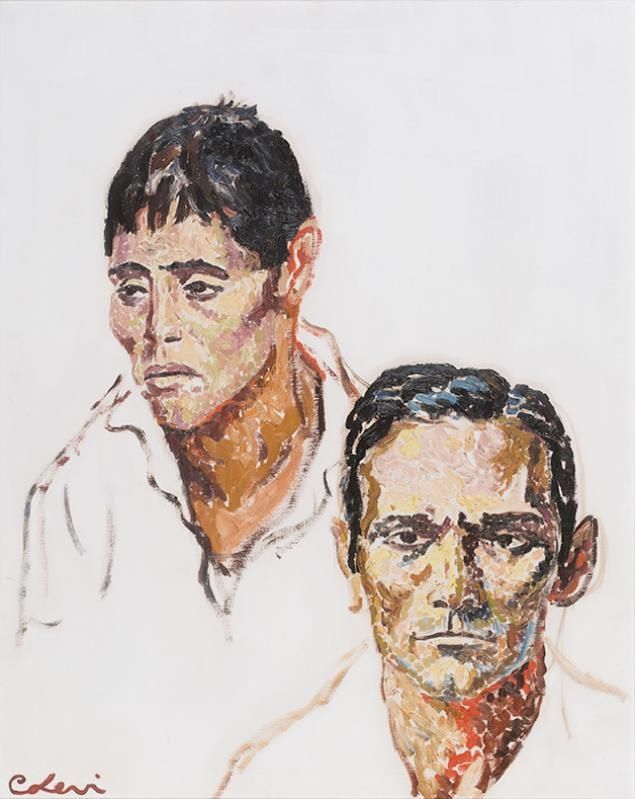
ACCATTONE (1961) | Pier Paolo Pasolini | Affichiste : Carlo Levi | Collections de la Cinémathèque québécoise
